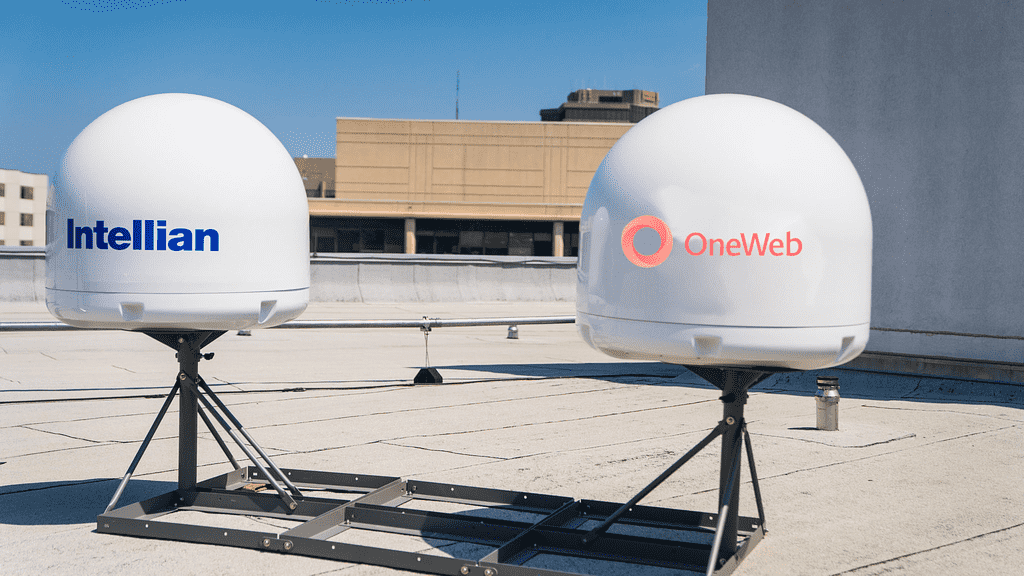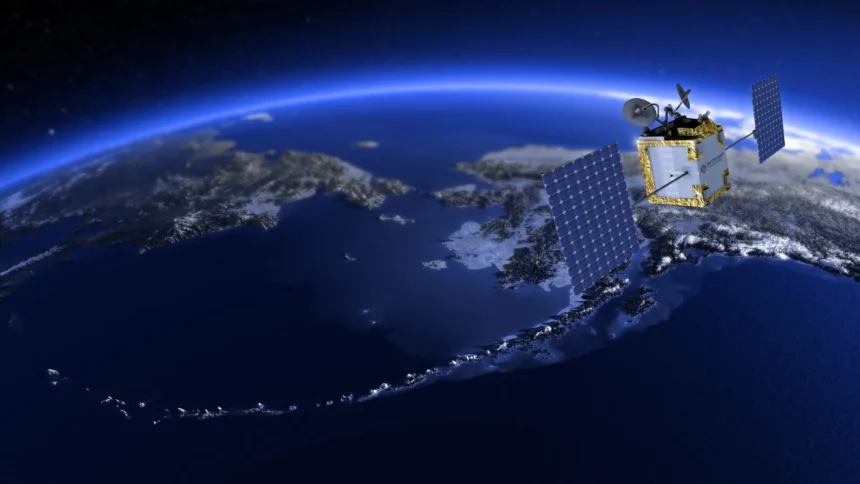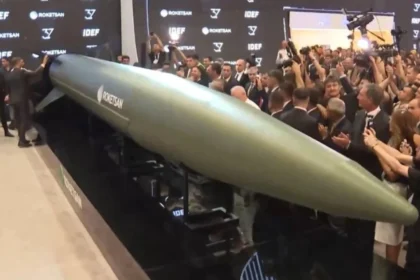There’s growing momentum behind Ukraine, Norway, and the United Kingdom possibly joining the EU’s next-generation satellite system, IRIS², which is being developed to rival Starlink.
European Commissioner for Defence and Space, Andrius Kubilius, recently confirmed that Norway is already in active negotiations with the European Commission to become a partner in IRIS². Meanwhile, both Ukraine and the UK have not yet formally initiated talks—though all three nations could eventually take part.
The move underscores a mounting concern in Europe over Starlink’s dominance within the satellite communications sector. When asked if non‑EU members could be included in such a massive space program, Kubilius noted that the UK brings strong space expertise, while Ukraine retains significant scientific and technical capacity, stemming in part from its legacy as a Soviet space hub.

Similarly, Iceland, another European Economic Area (EEA) member like Norway, has already concluded its negotiations with the EU, having signaled its readiness to join IRIS² in early July.
Kubilius’ remarks follow the June 25 unveiling of a proposed EU Space Law, which has ignited internal debates about how it might shape access to Europe’s communications markets. While the law is years from final approval, one of its goals is to curb market dominance by companies like SpaceX. To date, no strong backlash to the draft legislation has emerged.
Supporting the urgency of these developments, Starlink experienced a global outage on July 24 that disrupted service at the Ukrainian frontlines—fueling calls for dependable regional alternatives.
Europe’s Drive Toward Alternatives
In light of recurring service interruptions, the European Union is negotiating with a quartet of satellite internet providers—SES (Luxembourg), Hisdesat (Spain), Viasat (UK), and the Eutelsat/OneWeb consortium (France/UK)—to offer backup or replacement services for Ukrainian defense communications.
Official spokespeople have confirmed that Ukraine views the EU’s Govsatcom — the bloc’s integrated government satellite network — as an immediate fallback option. While IRIS² is still years from deployment and won’t be operational until the 2030s, Govsatcom is expected to reach initial readiness later this year.
In essence, IRIS² represents the long-term European answer to Starlink dependency, while Govsatcom offers a more immediate, albeit temporary, solution in the face of sudden outages or disruptions in satellite connectivity.











